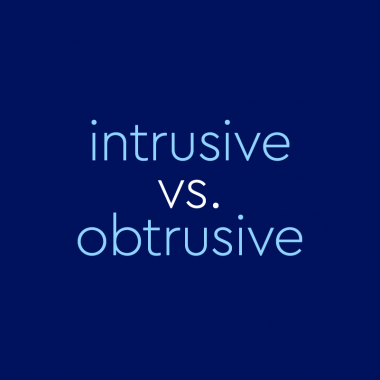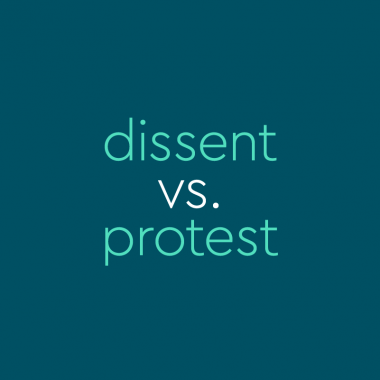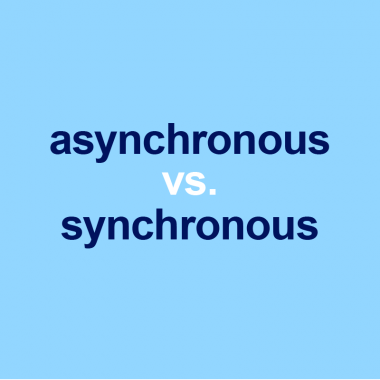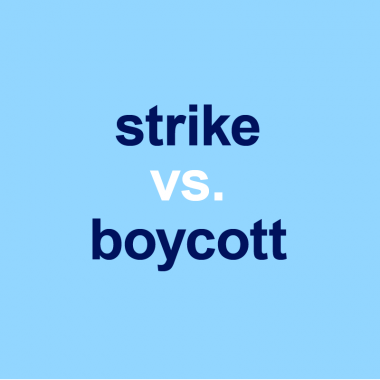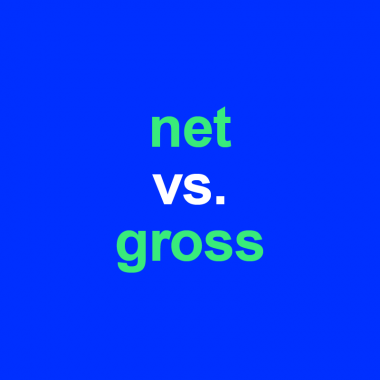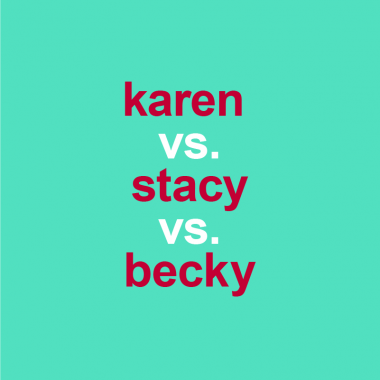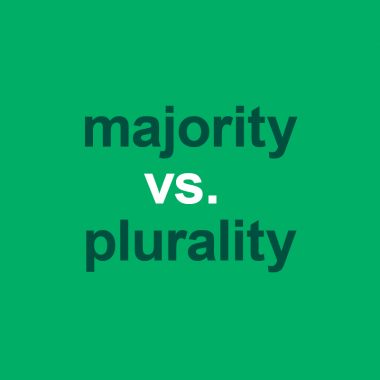“Intrusive” vs. “Obtrusive”: What’s The Difference?
Imagine this: one day, you look out your window and notice that the neighbors have installed a very large shed in their yard. If this shed blocks a view you previously enjoyed, would you describe it as intrusive or obtrusive? It’s natural to wonder. Intrusive and obtrusive both refer to something or someone who invades or is thrust into a situation in an unwelcome way. And …
